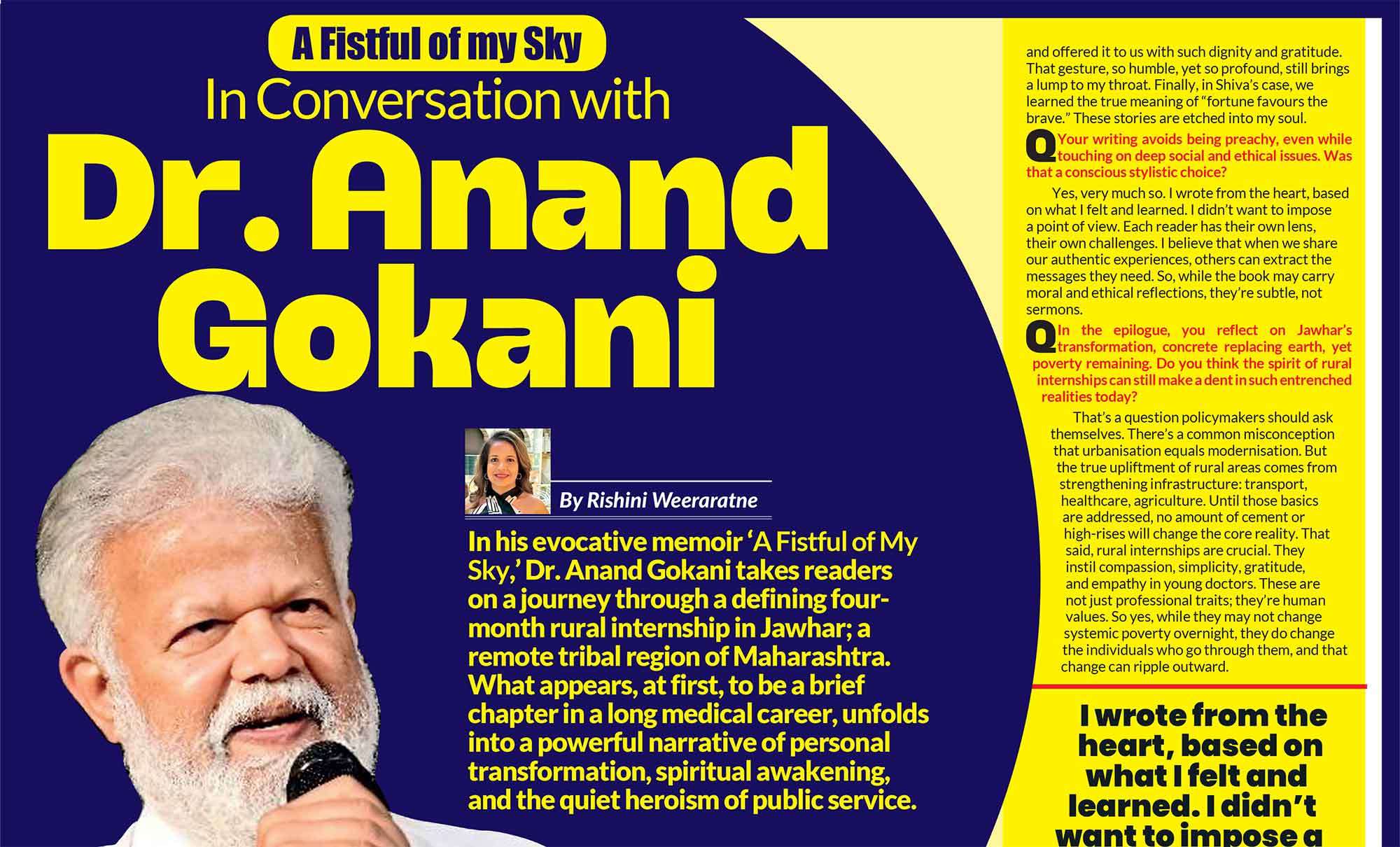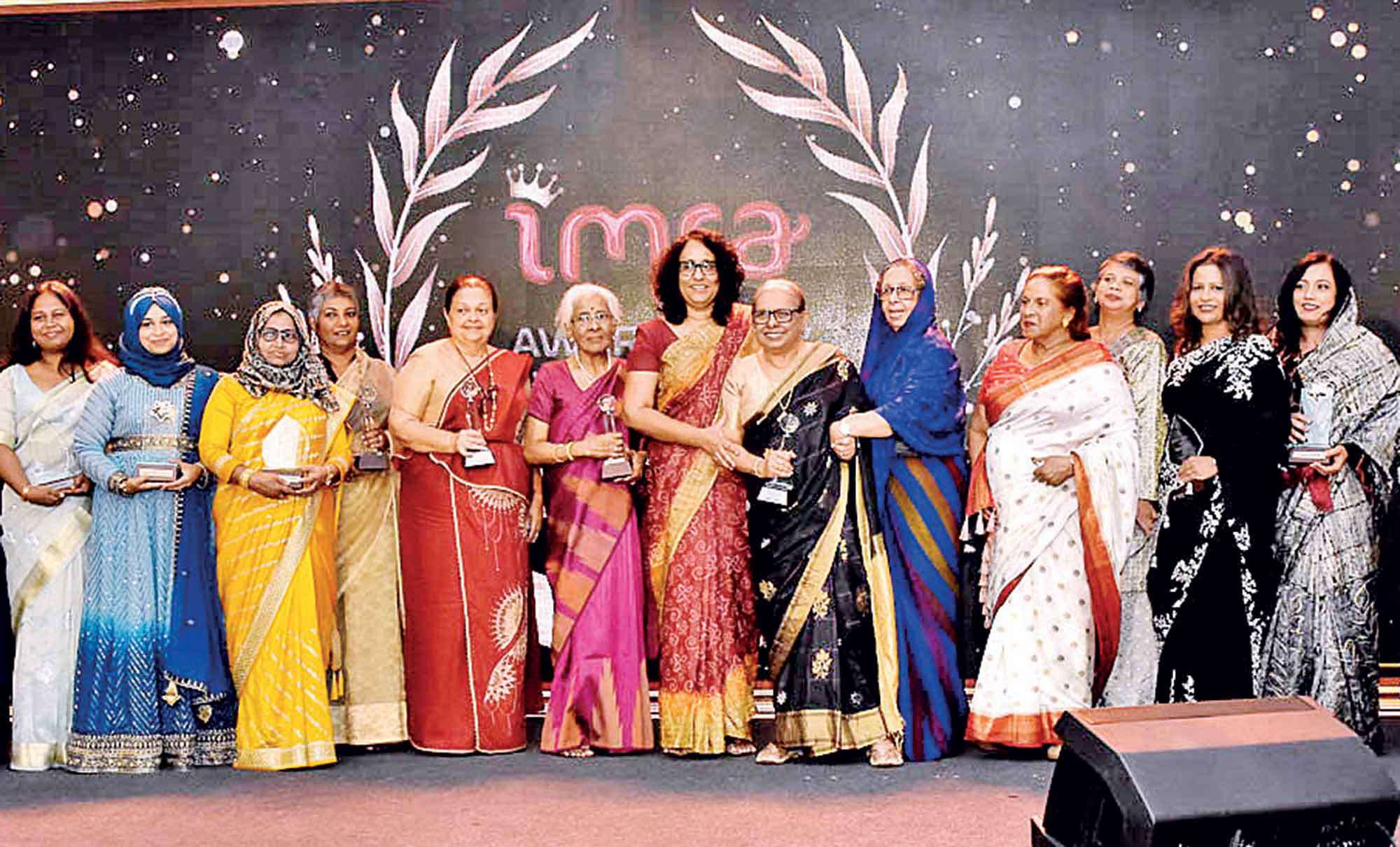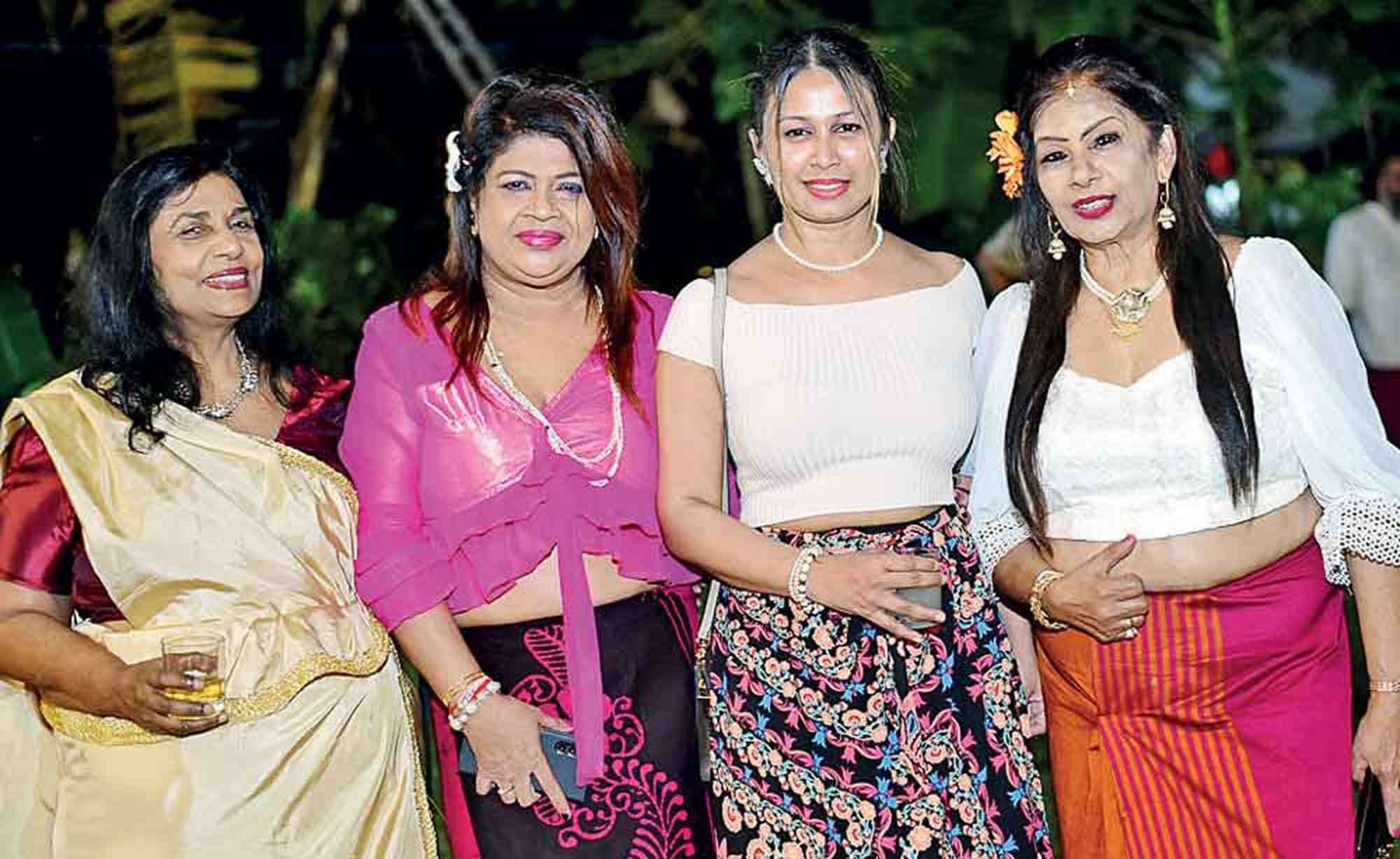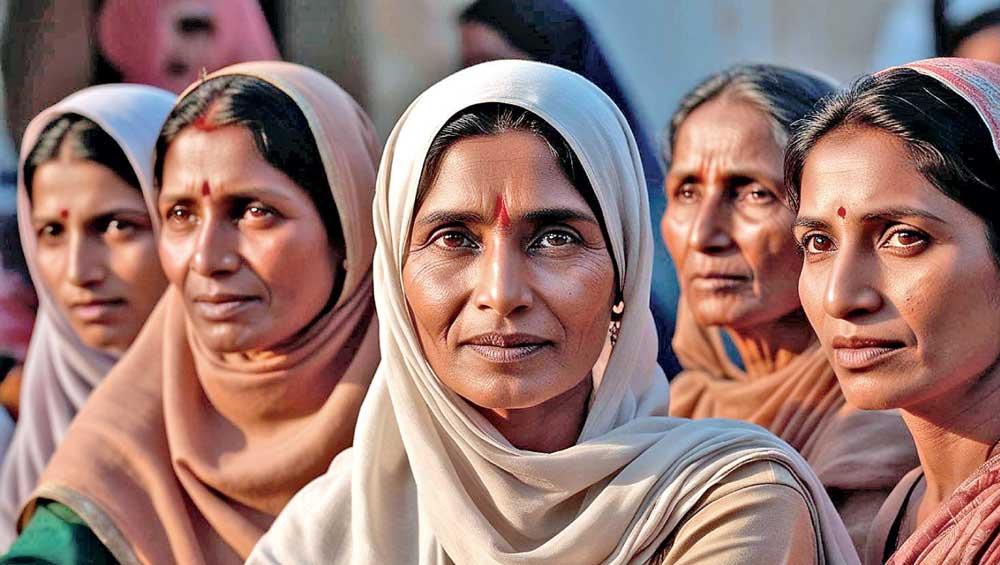
By Chandri Peris
- Their crime was trying to run away from their employers to escape physical, sexual, and psychological abuse
- Another maid, Dilini Kumari committed suicide by drinking bleach
 We usually see them at the airport. Dressed in their best, looking terrified and making their way timidly and hesitantly towards the check-in desks. Many of them have tears streaming down their faces. They hold on to their passports nervously while getting ready to embark on a journey into the unknown. Their fear is often mixed with hope for a better future. They see this opportunity as a doorway out of poverty. This is what propels their search for employment as housemaids in countries that are alien to them. Though many Sri Lankans have chosen to work in the Middle East since 1980, it remains an extremely courageous step for women to take, especially as they are venturing to work within a cultural territory that even some of us are wary of. Some return financially secure, others return severely traumatised by their experience and a few never return at all.
We usually see them at the airport. Dressed in their best, looking terrified and making their way timidly and hesitantly towards the check-in desks. Many of them have tears streaming down their faces. They hold on to their passports nervously while getting ready to embark on a journey into the unknown. Their fear is often mixed with hope for a better future. They see this opportunity as a doorway out of poverty. This is what propels their search for employment as housemaids in countries that are alien to them. Though many Sri Lankans have chosen to work in the Middle East since 1980, it remains an extremely courageous step for women to take, especially as they are venturing to work within a cultural territory that even some of us are wary of. Some return financially secure, others return severely traumatised by their experience and a few never return at all.
In 2022, 8% of Sri Lanka’s total GDP was made up from the contributions made by our workers in the Middle East. 70% of that total is contributed by low skilled women. Even though they are an asset to our country we do not have sufficient safeguards for them. The difficulties and the trauma they experience seems inconsequential. Only the money they send back is important.
There is an abundance of evidence about unacceptable patterns of behaviour towards these women by their employers, recruiters, and families alike. Their stories simply defy the very nature of being human. Whilst I recognise that Sri Lanka alone has no voice against the might of the oil rich Middle East, there is a distinct possibility that a collective appeal along with countries such as Bangladesh, Pakistan, India, Thailand, and the Philippines may be the only way to demand justice and basic human rights for these workers.
I once spoke to an affluent lady who was having problems with her domestic. She was about to dismiss her when that woman had pleaded with her saying “Please madam, don’t be too harsh on me, try to understand that I am still trying to adjust to life after coming out of Angoda!” She then went on to explain that she had been receiving treatment in this mental institution after the trauma of losing her only daughter. This daughter and her husband had been domestic workers in Saudi Arabia when she had suddenly died, and her body had been sent back to Colombo with no explanation whatsoever. After requesting a full autopsy and investigating the causes of her daughter’s death, this woman had been told that many of her daughters internal organs were missing. They had been harvested! The Police who interrogated the detained husband found out that he had colluded with his unscrupulous employer and agreed to sell his wife’s organs over a period of time which had resulted in her untimely death. The husband has been jailed indefinitely. The distraught mother who had no recourse to funds, failed to seek any form of justice for her daughter’s death. The Arab employer got off scot-free.
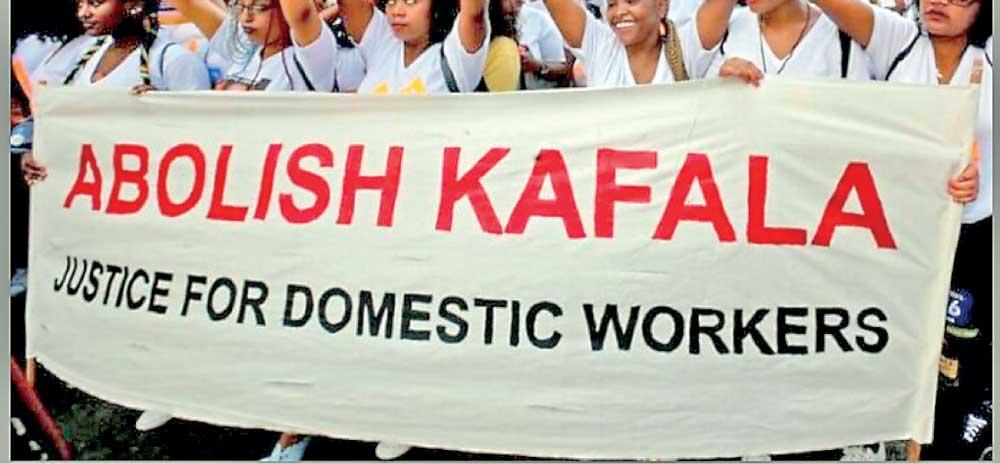
Sometime ago, my mother let a young family live in the large storage space at the back of our garden. They helped out by cutting the grass, sweeping the garden, and doing the shopping just so that they’ll have a roof over their heads. Ajith the husband worked at the framing shop down our road and Kusuma his wife looked after their two children while doing cleaning jobs. After some time Kusuma applied to become a housemaid and was successful.
She borrowed large sums of money which enabled her to get a passport and pay the recruitment agent who had secured the job for her. Soon after getting herself organised, she set off to work in Jeddah. For about the first eight months everything was going well. The funds she sent back helped the family to move to rented accommodation and the children started going to school. Kusuma’s family seemed to be eating and dressing better than they had ever done before. Ajith who suddenly felt quite flushed spent on various unnecessary things including copious amounts of alcohol. As time passed, he tired of taking care of the children and shacked up with his wife’s sister! It was then that that nightmare began to unfold for his wife who was working herself to the bone in Jeddah.
Many years later Kusuma visited my mother to relay her sad story. The money she had initially borrowed had never been paid back to the individual lenders, thereby the interests has stacked up. Her husband had absconded with all her remaining savings and had started a second family with her own sister. Her children had been abandoned with her disabled brother. Kusuma’s hopes of a better life had fallen apart. Her three-year contract had to be extended, and twelve years on she is still paying off her debts.
In 2011 there was a spate of deaths in the Al-Jouf province of Riyadh, Saudi Arabia. Two Sri Lankan maids, namely Pushpavalli Selladurai and Pavani Devi Sinnaiyah were allegedly killed by their employers. Another maid, Dilini Kumari committed suicide by drinking bleach. Our embassy there holds documents that confirm the murders of five other Sri Lankan housemaids in the same region during that year alone. To this day, no authority in Sri Lanka has followed up on these unexplained deaths of ‘our’ citizens in the middle east. I wonder if we will ever be able to address such issues from the standpoint of being underdogs.
The honour of hosting the FIFA world cup in 2022 was bestowed on Qatar with the strict conditions that their appalling human rights record needed to improve to meet international standards. However, Human Rights Watch reported several breaches of this agreement before and after the games. Their report refers to ‘poor conditions for migrant workers, including indentured servitude and extreme working conditions’ and more importantly ‘concerns about women’s rights and suspicious deaths’. Many other similar reports suggested that Qatari authorities had failed to provide compensation for ‘widespread abuses which include wage theft and unexplained deaths of migrant workers’. This goes to prove that even with the constant finger wagging by western governments and the sweet talking by emissaries such as the Prince of Wales and David Beckham et al, the Arab nations will just do just as they please. Not only does their money talk, but it also tends to gag us too.
The BBC reported that there are hundreds of abused women from South Asian countries being held at the Olaya detention camp in Riyadh. Their crime was trying to run away from their employers to escape physical, sexual, and psychological abuse. LP Ariyawathi had 24 nails removed from her body by doctors in Sri Lanka after she was deported. The Saudi authorities deny her accusation of torture and defend her employer saying that she suffers from Munchausen disease. Kusuma Nandini was not paid her salary for 15 years because her employer accused her of theft. She had also been barred from speaking to her husband and children which resulted in her becoming depressed. After being rescued by officials from the Sri Lankan embassy she was consigned to this same camp and classified as an ‘illegal immigrant’. This is a direct result of oppressive Kafala system which is operated by most of the Arab Gulf States including Jordan and Lebanon.
This system is when the sponsor has the right to hold on to an employee’s passport, thereby having complete control over them. Under this ‘legal framework’ a person who is dismissed by an employer is immediately rendered an ‘illegal immigrant’, especially as they have no way of getting back to their own country due to confiscation or non-payment of their wages and the lack of a passport.
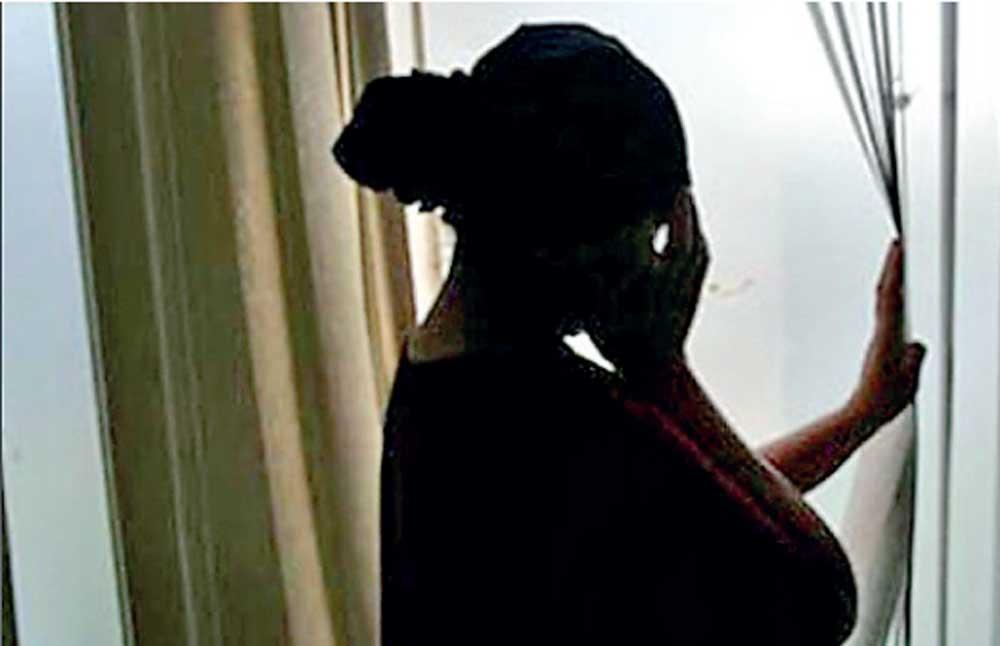
Adding to this, women are not able to report rape or abuse of any kind to the authorities, as their word is not accepted in these patriarchal Islamic cultures where a man’s word is considered ‘the truth and nothing but’. The Sri Lanka Foreign Employment Bureau has to ensure the welfare and safety of all our workers in these countries.
As such, all workers should be provided with adequate information about the laws and practices of these countries before signing any contracts. The contracts themselves should be explained in detail as many of them may not be adequately educated to understand the complexities therein. They should be made to listen to a selection of testimonies by those who have been through varied experiences, good and bad. This information should be widely offered to educate anyone who intends to work under what often seems like barbaric conditions. Strict monitoring of all recruitment agencies and agents should be enforced so that they are held accountable for the sponsors and workers they represent. The Kafala system that requires the consent of these sponsors to repatriate migrant workers should be challenged and abolished. Frequent contact between any worker and their families should be mandatory and written into their contracts. All our embassies in the Middle East should be asked to carry out frequent welfare checks with all our citizens within their allocated areas.
These are a few examples of the least that can be done to lend a helping hand to the poorest in our society that still do so much to prop up our flailing economy. We simply cannot standby and ignore their plight.

